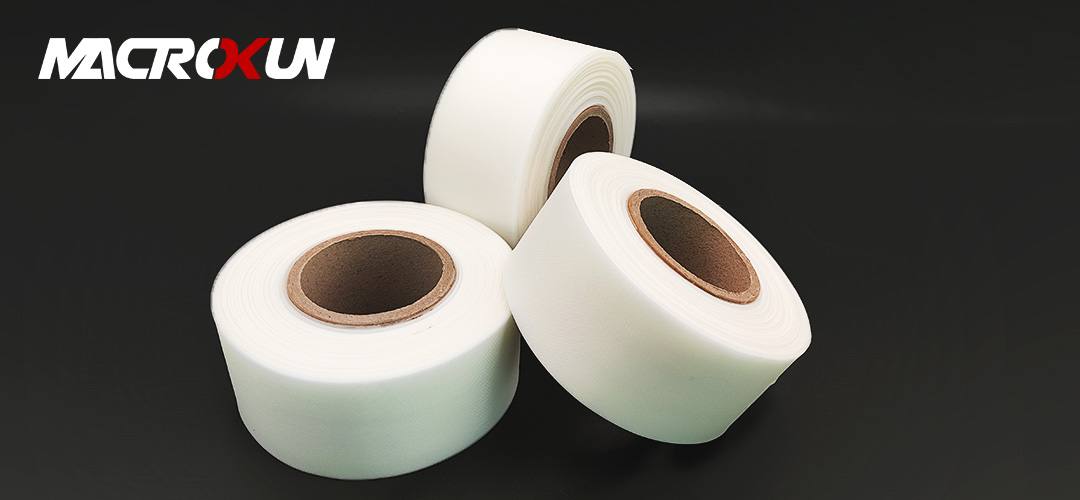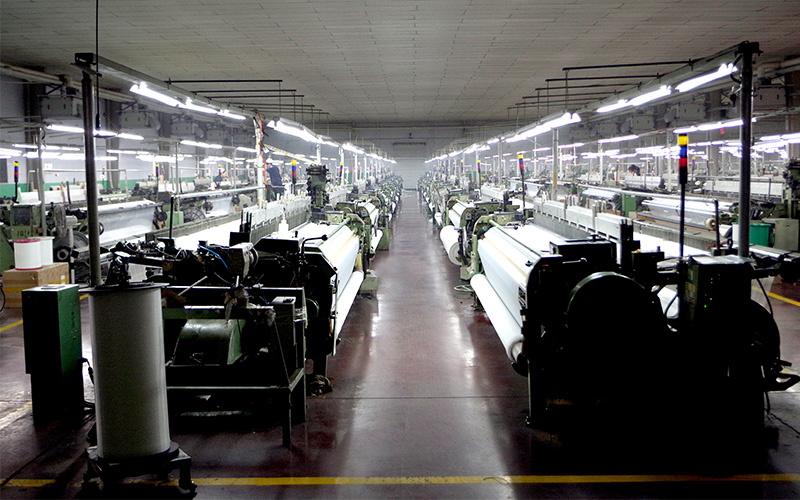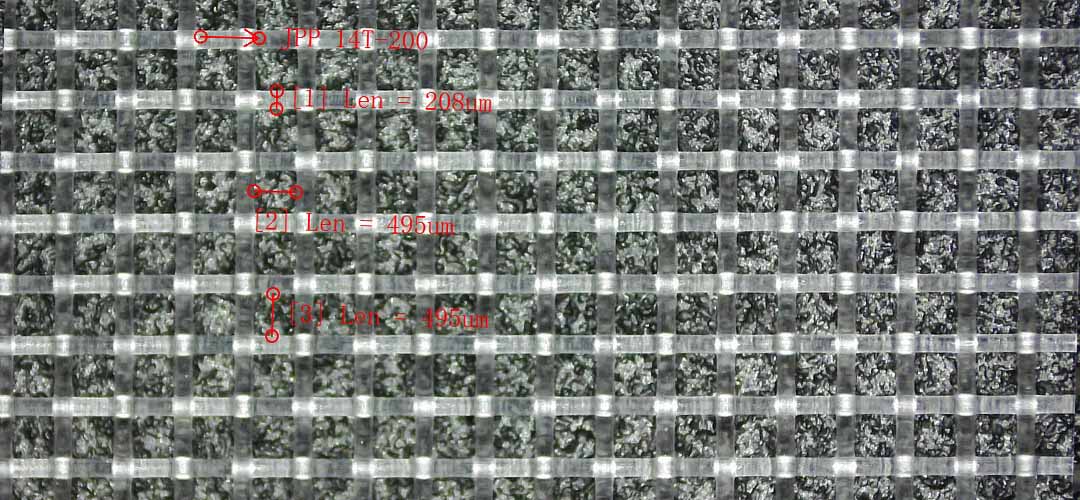Nylon netting is a versatile material that has gained popularity in various industries due to its durability and flexibility. This article will explore the advantages of using nylon netting for a wide range of applications.
One of the key advantages of nylon netting is its durability. Nylon is a synthetic material that is known for its strength and resilience. This makes nylon netting ideal for applications where a strong and long-lasting material is required. Whether it’s used for fishing nets, sports equipment, or industrial purposes, nylon netting can withstand the wear and tear of daily use.

In addition to its durability, nylon netting is also highly flexible. This flexibility allows nylon netting to conform to different shapes and sizes, making it suitable for a variety of applications. Whether it’s used for packaging, fencing, or filtration, nylon netting can be easily manipulated to fit the specific needs of the project.
Another advantage of using nylon netting is its resistance to moisture and chemicals. Nylon is a non-absorbent material, which means it won’t rot or degrade when exposed to water or chemicals. This makes nylon netting ideal for outdoor applications where exposure to the elements is a concern. Whether it’s used for marine applications, agricultural purposes, or construction projects, nylon netting can withstand harsh conditions without losing its strength or flexibility.
Furthermore, nylon netting is lightweight and easy to handle. This makes it a practical choice for applications where portability and ease of use are important. Whether it’s used for sports equipment, gardening supplies, or transportation purposes, nylon netting can be easily transported and installed without the need for heavy machinery or specialized tools.
Additionally, nylon netting is available in a wide range of colors and sizes, making it easy to find the perfect product for any application. Whether it’s used for decorative purposes, safety barriers, or industrial filtration, nylon netting can be customized to meet the specific requirements of the project.
In conclusion, nylon netting is a durable and flexible material that offers a wide range of advantages for various applications. Its strength, resilience, and resistance to moisture and chemicals make it an ideal choice for industries such as fishing, sports, agriculture, and construction. Its lightweight and easy-to-handle nature make it a practical choice for projects that require portability and ease of use. With its wide range of colors and sizes, nylon netting can be customized to meet the specific needs of any project. Overall, nylon netting is a versatile material that continues to prove its value in a variety of industries.
Nylon netting is a versatile material that is commonly used in a variety of applications, from fishing nets to sports equipment to industrial safety barriers. One of the key characteristics of nylon netting is its durability, which makes it an ideal choice for use in harsh conditions. In this article, we will explore the durability and flexibility of nylon netting products, focusing on how they perform in challenging environments.

When it comes to testing the durability of nylon netting, one of the most important factors to consider is the material’s resistance to abrasion. Abrasion resistance is crucial for nylon netting products that are used in high-traffic areas or exposed to rough surfaces. To test the abrasion resistance of nylon netting, manufacturers often subject the material to rigorous testing procedures that simulate real-world conditions. This can include rubbing the netting against rough surfaces, dragging heavy objects across it, or subjecting it to high levels of friction.
In addition to abrasion resistance, another key factor in determining the durability of nylon netting is its tensile strength. Tensile strength refers to the amount of force that the material can withstand before breaking or deforming. Nylon netting is known for its high tensile strength, which makes it an excellent choice for applications where the material will be subjected to heavy loads or stress. To test the tensile strength of nylon netting, manufacturers use specialized equipment that applies a controlled amount of force to the material until it reaches its breaking point.
Flexibility is another important characteristic of nylon netting products, as it allows the material to conform to different shapes and sizes without losing its structural integrity. Nylon netting is known for its flexibility, which makes it easy to work with and adapt to various applications. To test the flexibility of nylon netting, manufacturers often subject the material to bending, stretching, and twisting to see how well it can withstand these forces without breaking or tearing.
One of the key advantages of nylon netting is its ability to maintain its shape and structure even in harsh conditions. Whether it’s exposed to extreme temperatures, high levels of moisture, or prolonged exposure to sunlight, nylon netting products are designed to withstand a wide range of environmental factors. To test the durability of nylon netting in harsh conditions, manufacturers often subject the material to accelerated aging tests that simulate years of exposure to the elements in a matter of weeks or months.

Overall, nylon netting products are known for their durability and flexibility, making them a popular choice for a wide range of applications. Whether it’s used in fishing nets, sports equipment, or industrial safety barriers, nylon netting is a reliable and versatile material that can withstand the rigors of everyday use. By testing the durability and flexibility of nylon netting in challenging environments, manufacturers can ensure that their products meet the highest standards of quality and performance.
Nylon netting is a versatile material that has a wide range of applications across various industries. Its durability and flexibility make it an ideal choice for many different uses, from sports equipment to industrial safety nets. In this article, we will explore the durability and flexibility of nylon netting products and how they can be used in different settings.
One of the key benefits of nylon netting is its durability. Nylon is a strong and resilient material that can withstand a great deal of wear and tear. This makes it an excellent choice for applications where the netting will be subjected to heavy use or harsh conditions. For example, nylon netting is commonly used in sports equipment such as soccer goals and baseball batting cages, where it needs to withstand repeated impacts from balls and players.
In addition to its durability, nylon netting is also highly flexible. This flexibility allows the netting to conform to different shapes and sizes, making it suitable for a wide range of applications. For example, nylon netting can be used to create custom safety nets for construction sites or industrial facilities, where it needs to be tailored to fit specific spaces and requirements.
The flexibility of nylon netting also makes it an ideal choice for applications where a certain amount of stretch is required. For example, nylon netting is commonly used in cargo nets for trucks and trailers, where it needs to be able to expand and contract to accommodate different loads. This flexibility allows the netting to provide a secure and reliable means of securing cargo, while also being easy to install and remove as needed.
Another key advantage of nylon netting is its resistance to UV rays and harsh weather conditions. Nylon is a synthetic material that is highly resistant to fading and degradation from exposure to sunlight, making it an excellent choice for outdoor applications. This durability makes nylon netting a popular choice for applications such as garden trellises, where it needs to withstand exposure to the elements without deteriorating over time.
In addition to its durability and flexibility, nylon netting is also lightweight and easy to work with. This makes it a practical choice for applications where weight is a concern, such as in the construction of lightweight structures or temporary barriers. Nylon netting can be easily cut, sewn, and manipulated to create custom shapes and sizes, making it a versatile material for a wide range of projects.
Overall, the durability and flexibility of nylon netting make it a highly versatile material that can be used in a wide range of applications. Whether you need a strong and resilient material for sports equipment, industrial safety nets, or cargo nets, nylon netting is an excellent choice that will provide reliable performance and long-lasting durability. Its resistance to UV rays and harsh weather conditions, as well as its lightweight and easy-to-work-with properties, make nylon netting a practical and cost-effective solution for many different uses.
When it comes to choosing the right material for netting products, durability and flexibility are two key factors to consider. Nylon netting has long been a popular choice for a variety of applications due to its strength and longevity. In this article, we will explore how nylon netting compares to other materials in terms of durability and flexibility.
Nylon is a synthetic material that is known for its high tensile strength, making it ideal for applications where durability is essential. Compared to materials like cotton or polyester, nylon netting is much stronger and less likely to tear or break under pressure. This makes it a popular choice for use in sports nets, fishing nets, and industrial applications where the netting needs to withstand heavy loads or harsh conditions.
In addition to its strength, nylon netting is also highly flexible, allowing it to stretch and bend without losing its shape or integrity. This flexibility makes nylon netting ideal for applications where the netting needs to conform to irregular shapes or be easily manipulated. For example, nylon netting is often used in the construction industry for safety netting, as it can be easily installed and adjusted to fit different areas on a job site.
Compared to other materials like steel or wire mesh, nylon netting is much lighter and more flexible, making it easier to work with and transport. This can be a significant advantage in applications where weight and flexibility are important factors, such as in the construction of temporary fencing or barriers.
Another key advantage of nylon netting is its resistance to UV rays and moisture. Unlike materials like cotton or natural fibers, nylon netting is not prone to rotting or deteriorating when exposed to sunlight or water. This makes it a durable choice for outdoor applications where the netting will be exposed to the elements.
In terms of longevity, nylon netting is also a top performer. With proper care and maintenance, nylon netting can last for years without losing its strength or flexibility. This makes it a cost-effective choice for applications where durability is essential, as it will not need to be replaced as frequently as other materials.
Overall, when comparing nylon netting with other materials for strength and longevity, it is clear that nylon comes out on top. Its high tensile strength, flexibility, resistance to UV rays and moisture, and long lifespan make it a versatile and reliable choice for a wide range of applications. Whether you are in need of sports nets, fishing nets, safety netting, or any other type of netting product, nylon is a material that you can trust to deliver the durability and flexibility you need.
Pre: A Comprehensive Guide to Choosing the Right Nylon Mesh for Your Project
Next: Creative DIY Projects Using High-Quality Nylon Netting

MACROKUN has established long-term and stable cooperative relations with many transportation companies such as China Post, DHL, FEDEX, USPS, UPS, etc. Of course, MACROKUN can also provide air and sea transportation. The powerful logistics system enables all MACROKUN'S Printing Mesh, Filter Mesh and Filter Bags and so on to be easily and efficiently transported to any place. For quotes and inquiries, please email our sales team.





